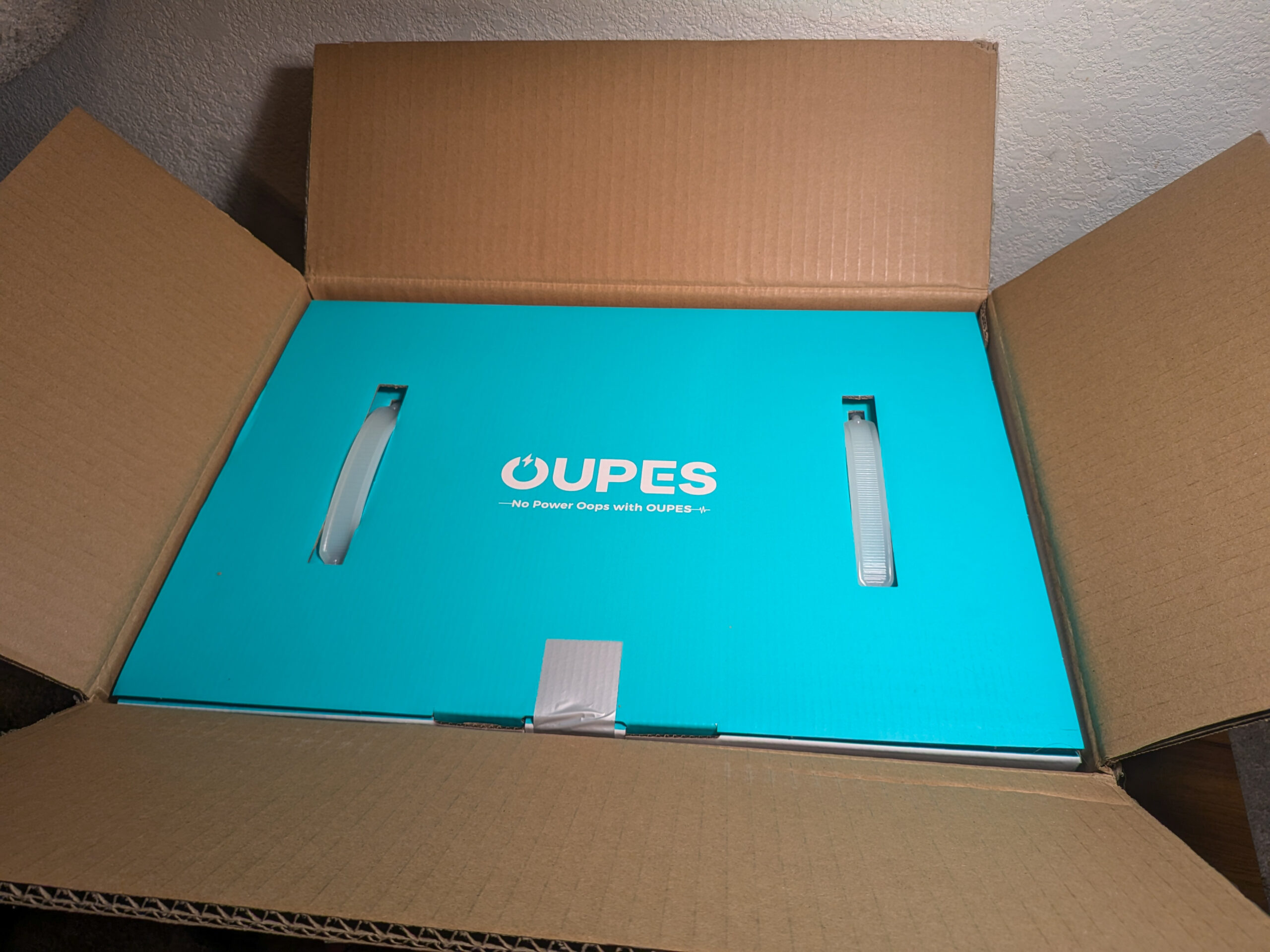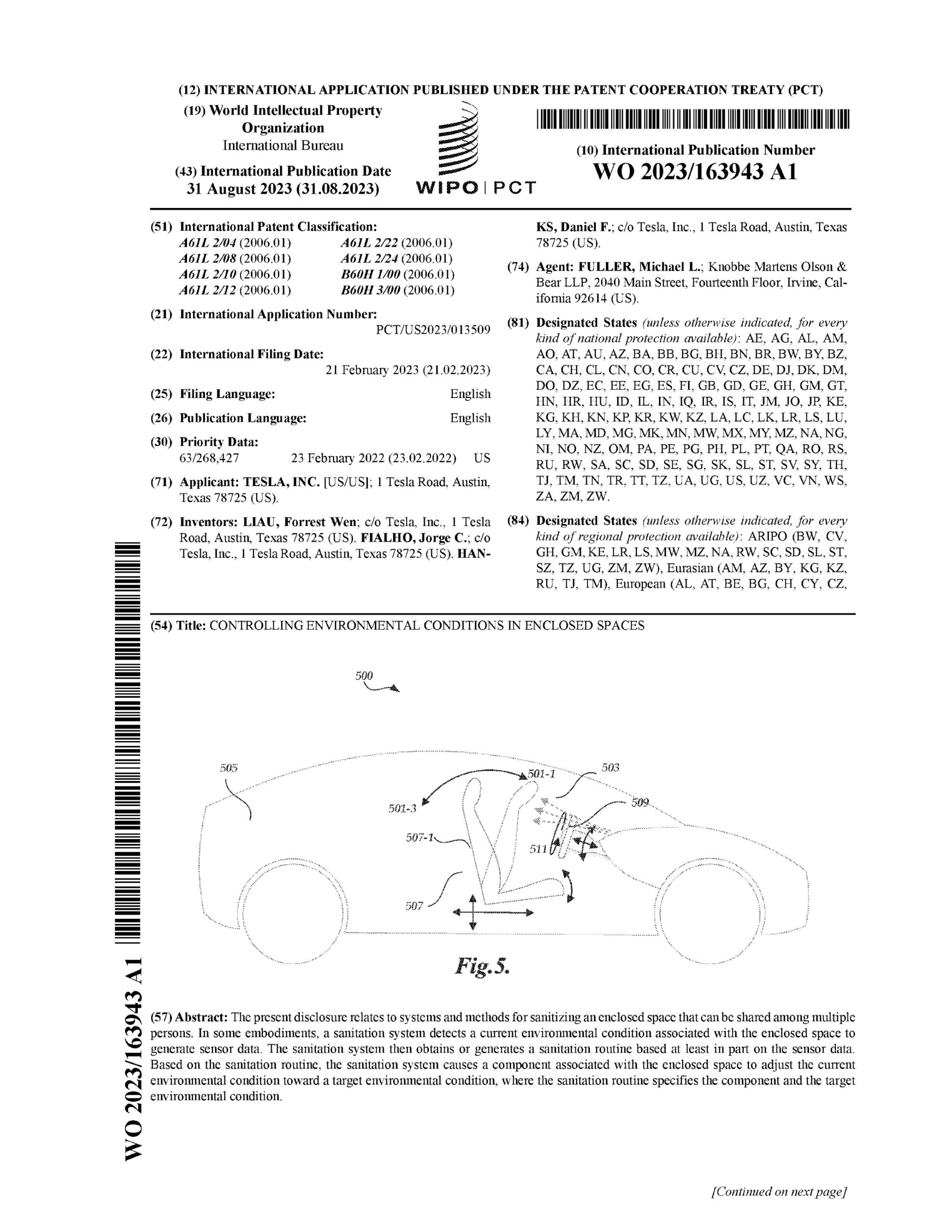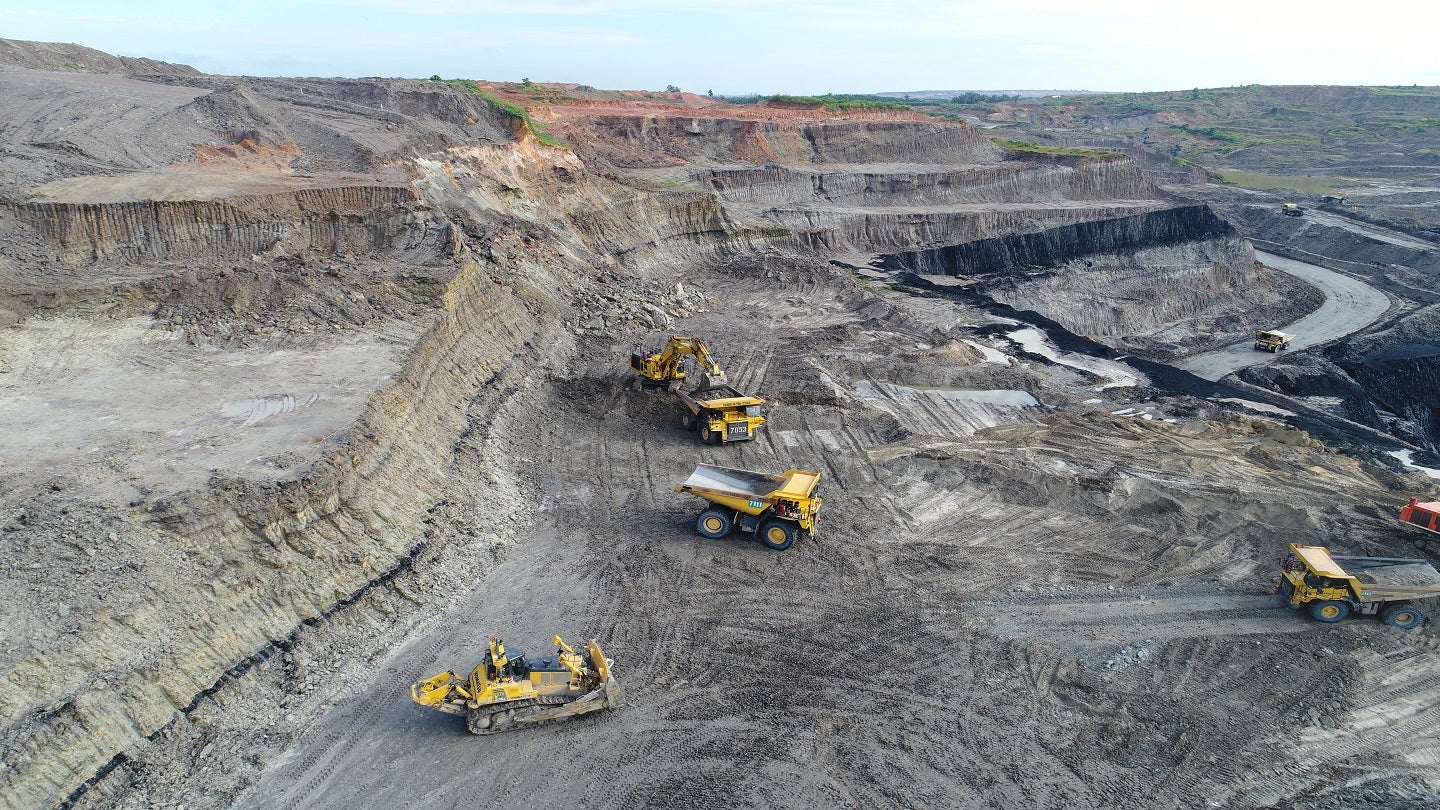AusCrush has deployed Kleemann machines at the Peculiar Knob iron ore mine in South Australia, leading to exceptional results.
AusCrush first commenced crushing and screening iron ore at Peak Iron Mines’ Peculiar Knob operation in South Australia in November 2021.
And the mobile crushing and screening services provider isn’t slowing down.
In November 2023, AusCrush commenced a 12-month contract to operate Kleemann machinery at Peculiar Knob, a high-grade hematite iron ore deposit that has some residual magnetite.
AusCrush’s set-up comprises a Kleemann MC120PRO jaw crusher, MSS802EVO mobile reclaimer, MC0110PRO cone crusher (secondary), MSC953EVO classifying screen, MC090EVO2 cone crusher (tertiary) and a MSC953EVO classifying screen (secondary), as well as a stockpile conveyor that feeds back to the MC0110PRO for all oversize. This creates a closed-circuit loop to maximise throughput.
“We are currently producing two direct shipping iron ore products: a -32mm+13.2mm lump and a -13.2mm+0mm fines product,” AusCrush general manager Morgan Taylor told Australian Mining.
Once the ore is crushed by AusCrush, it is transported to the Whyalla Port, where it is exported for steel manufacturing.
AusCrush understood that because the feed material, the hematite ore, is a high-grade, abrasive product, it would need to be proactive about its maintenance measures.
“The feed is relatively easy for crushing but it’s very abrasive, so maintenance is of the upmost importance,” Taylor said.
“If you don’t get that right, the rock can wear a hole in the side of the hopper within hours.
“We made up four modular wear packages for all our hoppers … and we have two full-time boilermakers and two full-time heavy-duty diesel mechanics working each shift.
“We also have Wirtgen Australia on speed dial for any machinery queries or concerns.”

Maintenance personnel are set daily tasks to monitor machine components such as skirts, screens, wear plates, belt repairs, jaw and cone liners. After 12 hours of crushing throughout the day, maintenance is completed on night shift to ensure machines are ready to go for another 12-hour shift the following day. With AusCrush producing about 1.68 million tonnes of DSO product per annum, there is no time for downtime.
“We do our maintenance at night and processing during the day to ensure that if something goes wrong, we’ve got open communication with Wirtgen Australia and our suppliers to fix any issues,” Taylor said. “If we crush during the night and have a breakdown, it adds additional challenges, hence the reason for scheduling maintenance. This provides us reliable maintenance free up time during daylight hours.”
AusCrush also schedules monthly shutdowns at Peculiar Knob so machines can be overhauled and start fresh to meet the following month’s targets.
As per Wirtgen Australia advice, the company is also running 24 per cent manganese and higher chrome percentage liner sets in its jaw crushers, which has further limited equipment breakdowns by extending liner life and reducing change-out requirements.
This is improving crushing outputs to approximately 7000 tonnes per day.
The primary machine in the train, the Kleemann MC120PRO jaw crusher, supports a maximum feed size of up to 680mm, boosting production and decreasing day-works.
The MC120PRO feeds the MSS802EVO mobile screener, which has been perfect for the job given its ability to scalp two separate products: the -32mm+13.2mm lump product to one side of the conveyor and the -13.2mm+0mm fines product to the other.
This provides the MCO110PRO cone crusher with oversize feed only, providing optimised crushing conditions for the cone.
Through an inspired maintenance strategy and with the right Kleemann gear to boot, AusCrush is able to consistently produce 500 tonnes per hour, exceeding the expectations of all stakeholders involved.
This feature appeared in the February 2024 issue of Australian Mining.




